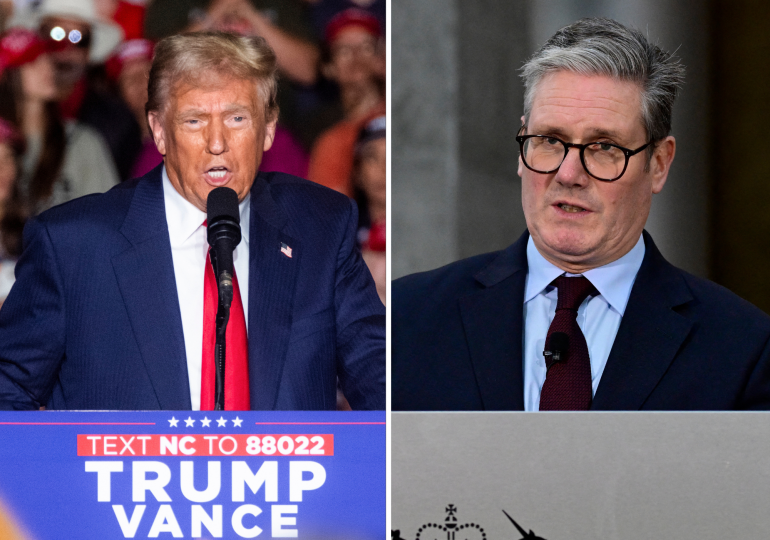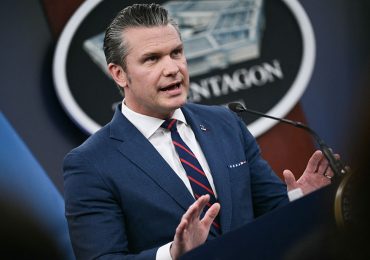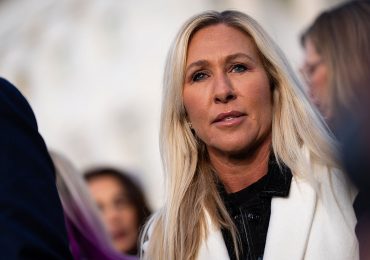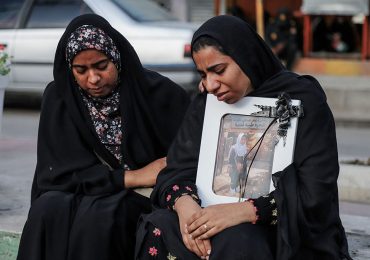American presidential elections are as much a domestic affair as they are a global spectacle—one that foreign leaders are often reluctant to wade in on, lest they risk being seen as impartial. Unfortunately for British Prime Minister Keir Starmer, that is a perception he can no longer avoid after former President Donald Trump’s campaign filed a complaint with the Federal Election Commission (FEC), the U.S. election watchdog, accusing the ruling Labour Party of “blatant election interference” in support of his rival, Vice President Kamala Harris.
[time-brightcove not-tgx=”true”]
“In recent weeks, [Labour] have recruited and sent party members to campaign for Kamala in critical battleground states, attempting to influence our election,” the Trump campaign alleged on Tuesday night in a press release titled “The British Are Coming!” In its six-page complaint dated Oct. 21, the Trump campaign cited as evidence news reports by The Washington Post and others detailing close ties between Labour and the Harris campaign, as well as a LinkedIn post, which has seemingly since been deleted, from Labour’s Head of Operations Sofia Patel, in which she said that there were “nearly 100 Labour Party staff (current and former)” ready to campaign for Harris in a number of swing states, and that there were 10 spots left for whoever would be available to join.
“This past week marked the 243 anniversary of the surrender of British forces at the Battle of Yorktown, a military victory that ensured that the United States would be politically independent of Great Britian[sic],” the complaint reads. “It appears that the Labour Party and the Harris for President campaign have forgotten the message.”
While it’s not unusual nor illegal for individuals from other countries to get involved in U.S. political campaigns—indeed, British Foreign Secretary David Lammy canvassed for former President Obama during his first presidential campaign, as did Italy’s center-left opposition leader Elly Schlein—the Trump campaign contends that Patel’s offer to provide housing for volunteers amounts to a foreign national contribution to the Harris campaign, which is prohibited.
Starmer brushed off the allegations, telling reporters on Wednesday that Labour volunteers “have gone over pretty much every election.” A Labour Party spokesperson echoed that sentiment, telling TIME in an email that “it is common practice for campaigners of all political persuasions from around the world to volunteer in U.S. elections.” When Labour activists do so, the spokesperson adds, it is “at their own expense, in accordance with the laws and rules.”
Deputy Prime Minister Angela Rayner similarly downplayed the allegations on Wednesday, telling British lawmakers that “people in their own time often go and campaign … they do what they want to do in their own time.”
The extraordinary nature of the allegations notwithstanding, there is a longstanding tradition of British politicos being involved in U.S. politics, and vice versa. When preparing for the prospect of government as leader of the opposition, Starmer told TIME in a 2023 interview that he was studying the U.S. and, in particular, President Biden’s path to office, “because [the Democrats are] our sister party.” Similar ties are evident between the British right and their American counterparts. Indeed, former Conservative Prime Ministers Boris Johnson and Liz Truss have endorsed Trump’s re-election campaign, having both attended the Republican National Convention in Milwaukee over the summer.
Trump, who hasn’t yet addressed the topic, has himself waded into British politics in the past. As President, he endorsed Johnson’s 2019 bid for the Conservative Party leadership and, while weighing into the country’s election campaign months later, said that the then-opposition Labour Party Jeremy Corbyn would be “so bad” for Britain.
When it comes to U.S. elections, the reality is that “everyone is invested,” says Anand Menon, the director of U.K. in a Changing Europe, a London-based think tank. “I don’t think [Starmer] has bungled it in the sense that he’s done stuff that everyone always used to do. But he’s done it in a context where you have a candidate who’s willing to lash out about things like this.”
If anything, Menon adds, the furore over Labour members campaigning may have less to do with genuine concerns of foreign interference and more to do with the Trump campaign’s desire to lay the groundwork for future legal complaints should their candidate come up short.
Still, any suggestion of impropriety will no doubt grate within Labour, which is perhaps more sensitive to allegations of improper political contributions than most other parties of late. Last month, the party came under fire over Starmer’s acceptance of gifts and other hospitality from wealthy Labour donors, including clothing and tickets to soccer matches and a Taylor Swift concert. Starmer, who declared all of the gifts in line with parliamentary rules, has since repaid more than £6,000 pounds (around $7,800) to cover the cost of the gifts.
But for Starmer, the most immediate concern will be what impact, if any, the fallout of these allegations will have on the much-vaunted special relationship between London and Washington. Should Labour be found to have run afoul of the rules, it could cost the Harris campaign. Such was the case in 2016 when the Australian Labour Party was found to have violated a prohibition on foreign contributions when it paid for its delegates to campaign in support of Sen. Bernie Sanders’ unsuccessful presidential bid. In the end, both the party and Sanders’ campaign were each fined $14,500.
The saga also risks jeopardizing Starmer’s relationship with Trump, whose ties with other world leaders have crumbled on much less. While Starmer has insisted that he can maintain a “good relationship” with Trump, who he dined with during a visit to New York for the U.N. General Assembly last month, surrogates of the former President suggest that the partnership could be strained. “I think whenever a foreign government tries to interfere in an election, that’s desperation,” Richard Grenell, Trump’s former intelligence director who is tipped to be a potential candidate for Secretary of State should Trump win re-election, told the BBC. “We shouldn’t be having that.”
Leave a comment








